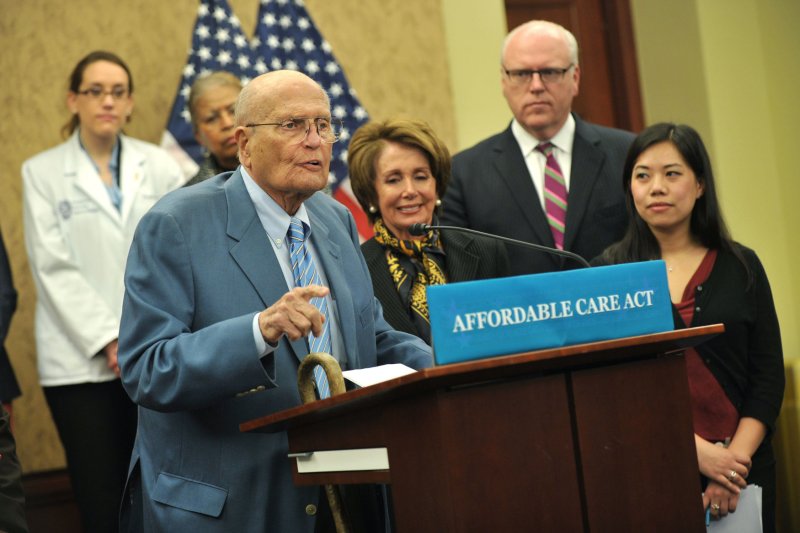WASHINGTON, May 2 (UPI) -- Health insurance premium tax credits from the Affordable Care Act work more like a subsidy rather than like a tax credit, a U.S. non-profit group says.
Families USA said beginning in 2014, the Affordable Care Act will extend health coverage to almost 26 million Americans, in part by offering tax credits to help low- and middle-income people, including many not previously insured.















